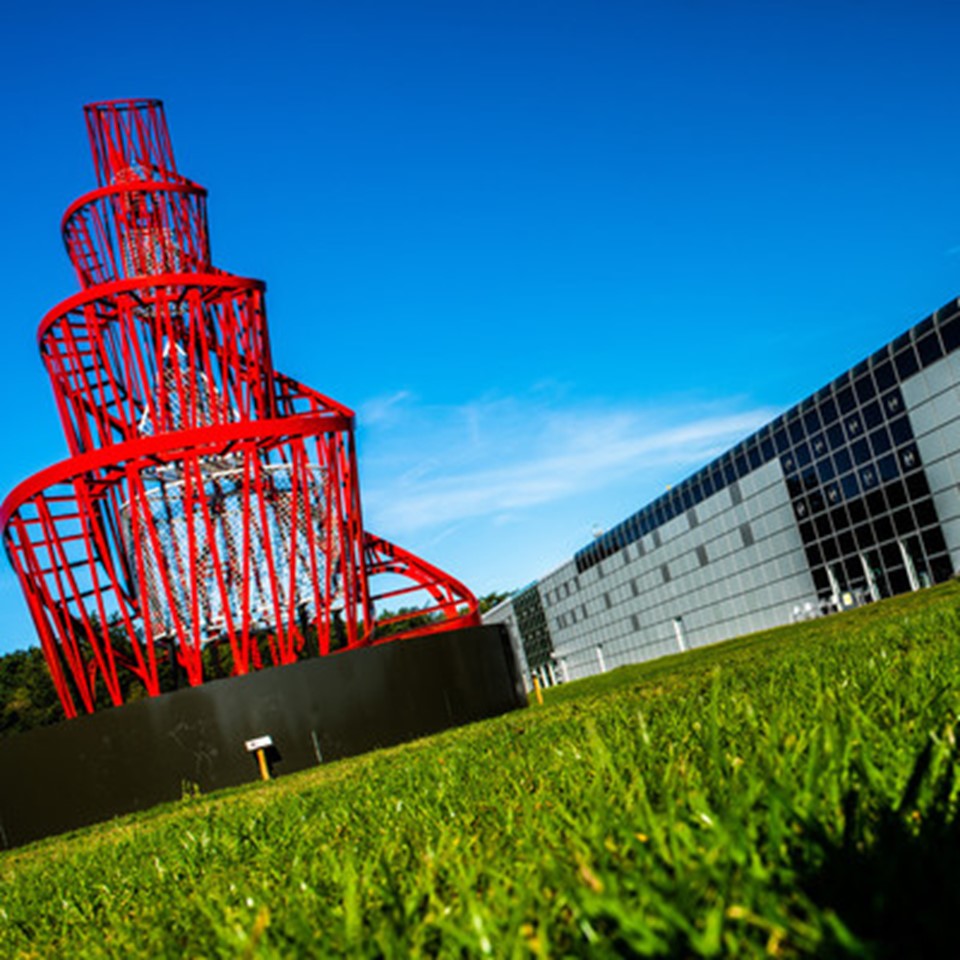Volunteering and the State:
partnership, independence, transformation

21 June 2022
by Mike Locke
Chair of the Advisory Panel of the Institute of Volunteering Research
On Wednesday 27 April 2022 as the Chair of the Advisory Panel of the Institute for Volunteering Research (IVR) I enjoyed being part of a round table discussion with Angela Ellis Paine (University of Birmingham), Denise Hayward (Volunteer Now), Zoe Lafferty (Creative Destruction), Andy Kelmanson (Consultant), Chris Millora (University of East Anglia) and Jurgen Grotz (IVR).
The question we set ourselves for this conversation was whether volunteering as an institution in public policy had got too close to the state, serving government policies. Among us we had experience of formulating policy for volunteering and working with governments as well as of struggling against the impact of government policies on people in our communities, and we could draw on research at local, national and international scales.
Our different perspectives made this a much more complicated question. One perspective was that government should ensure a supportive environment for volunteering and then get out of the way, as, for instance, it should increase its recommended 45p a mile for volunteer drivers so volunteers wouldn’t give up because they couldn’t afford to carry on. Perhaps we shouldn’t expect governments to understand volunteering; they should just fund it.
What about the dilemma when you feel an obligation to help but realise you’re allowing the government off the hook, by providing the services people need? Or in some violent situations, is the assistance provided by volunteers actually sustaining an oppressive state?
Yet, fundamentally, we agreed that volunteering can change the world, or at least that the volunteer can always change their own world. We sketched in some headings where volunteering in relation to the state could be:
For: volunteering in public services, meeting people’s needs in health and social care;
Against: such as community struggles for justice, when it might not be in the government’s interest that people mobilise;
Indifferent: such as preserving rivers for fly fishing or running heritage railways, when only occasionally you come up against issues of state power and politics;
Despite: such as creating alternative cultural events.
Different forms of volunteering might work towards partnership with the state. As evidenced in the UNV’s State of the World’s Volunteerism report, one of the stimuli for this discussion, where volunteering organisations had the independence to represent their communities and build bridges, their partnerships with the state could be effective. Should we then analyse volunteering in terms of independence and power? For instance, during the pandemic, mutual aid groups had seized their autonomy and organised in non-hierarchical and decentralised forms to serve their communities.
The context of volunteering would be key, considering national traditions, systems and cultures, and also distinctions between central and local government and their agencies, in their approaches to working with volunteers. For example, during the pandemic, stronger relationships between local authorities and voluntary groups had made for a better response in serving local communities.
Our discussion reminded us that volunteering might not always be for the good of the particular volunteers or even for the cause. Yet the possibility and potential of volunteering in society would be necessarily good.
Were we wise to capture all these things as ‘volunteering’ in public discourse, social policy debate and research agenda? We didn’t want to open up another discussion about how to define ‘volunteering’, but we recognised that the main public focus took a restricted view of what was legitimate in ‘volunteering’. Yet, those of us who had been involved with volunteers and volunteering for years could see that the word is much more widely used in everyday conversations than when we started talking about the issues two or three decades ago.
We could see how conversations about volunteering and about its relationships with sources of power and resources in our society had developed over the years. Moreover, the pandemic had raised new challenges as people were excluded from volunteering and new possibilities emerged as people took their own initiatives. The implications of current positioning of power, politics and policies needed to be examined closely for the sake of volunteers and volunteering.
So, we will continue this conversation, exploring different perspectives, critically assessing the wide world of volunteer involvement. We hope that you soon will join us at one of those conversations
Let us know what you think by emailing info.ivr@uea.ac.uk
)
)
)